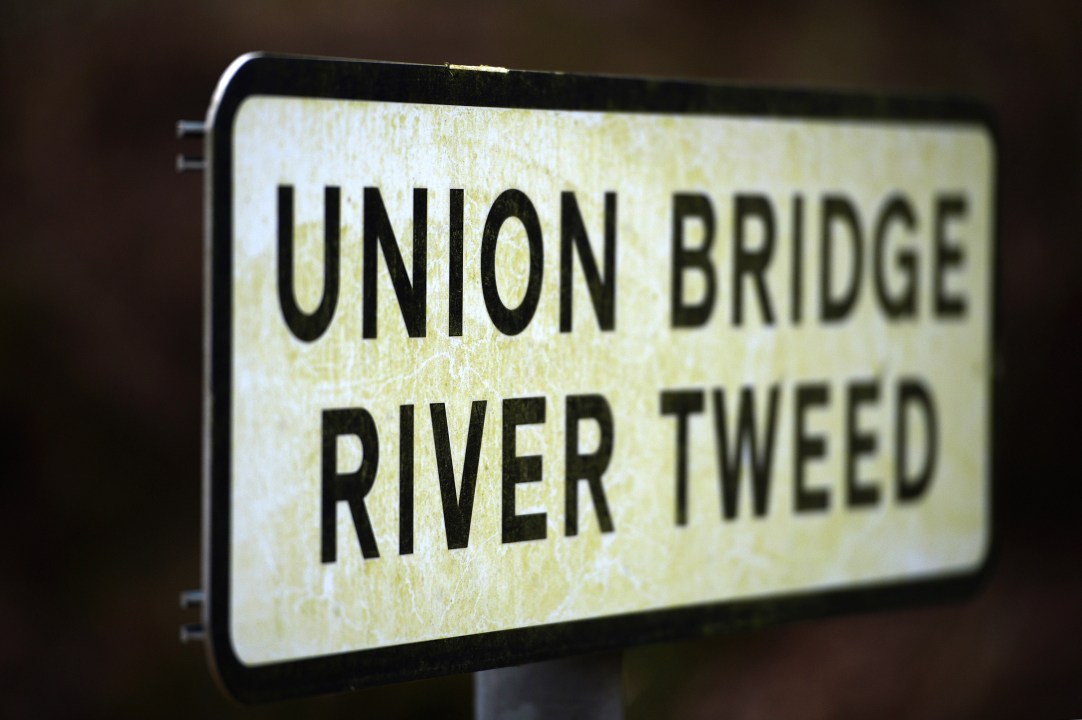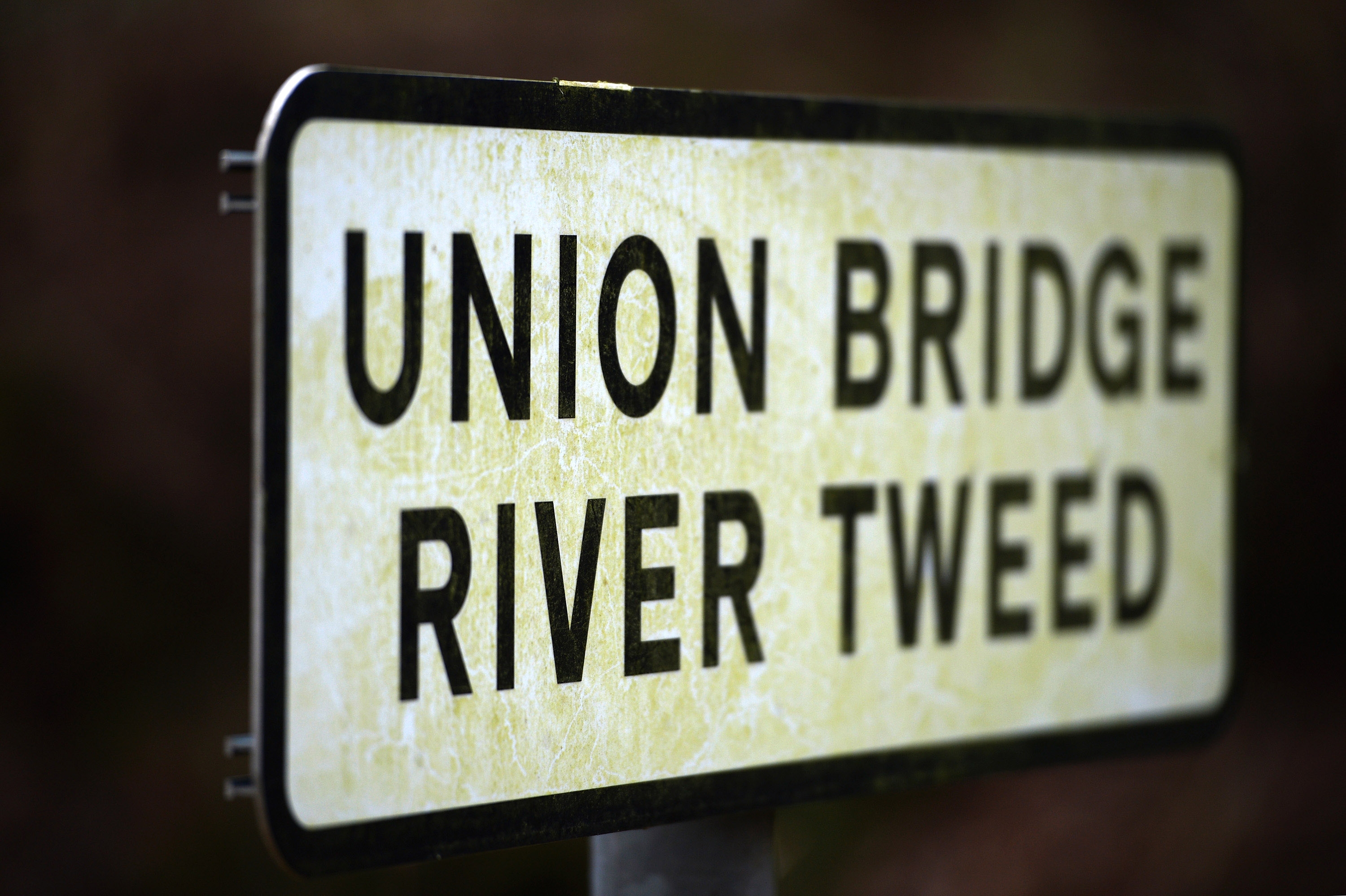Alea iacta est. And not before time. More than a year ago and at the outbreak of this independence referendum virus I wrote an article for this magazine arguing that, crikey, there was just a hint that the Conservative and Unionist party might become relevant in Scotland again. Or, at any rate, there was an opportunity for them to do so.
You see, the referendum offered Tories a chance to press the case for something they should have embraced long ago: proper fiscal autonomy within the Union. This might satisfy Scots’ evident thirst for real Home Rule without needing to go to all the trouble of winding up the Union after 300 years. And – let joy be allowed to gambol briefly in the winter sunshine – Ruth Davidson today has moved towards embracing this logic.
Plenty of people on the right have wasted years wondering why the Tories declined to show any interest in an idea that might both renew their own fortunes and, conveniently, allow for the possibility that Scotland might be better governed in the future. That is, the habits of spendthrift government – already threatened by the Great Crash of 2008 – might also be assaulted by the tedious and often unpopular need to raise the money you intend to spend. Scottish politics would be forced to grow up. Here, in truth, a reasonable person could argue there was less between this right-of-centre thesis and the prospectus offered by the SNP themselves. But what of it?
Anyway, Murdo Fraser grasped this during his doomed campaign for the Tory leadership during which he proposed dissolving the party and starting again. In retrospect perhaps we should not be surprised that he lost. Nevertheless when 40% or so of Tory members endorsed Murdo’s perspective you got the sense that something might have to change at some point.
There are still enough Tory voters for one to be able to say that not a day passes without another Tory voter dying. But, at the rate things are going, we may not be able to say that forever. Elderly Tory voters are not being replaced by fresh-faced Tory 18 year olds sprinting onto the electoral roll. The herd is dying.
So something needed to be done. An obvious start is arguing in favour of a parliament in which the Conservatives could actually make conservative arguments about taxing and spending. It is very difficult for right-of-centre politics to thrive in an atmosphere in which spending is decoupled from the measures required to raise revenues. Davidson, at long last, appears to have grasped this.
As I put it in my Think Scotland column this morning:
The Tory leader will argue that it is time for the Scottish parliament to enjoy significantly greater revenue raising powers. The “principle is clear” she is expected to say, “if you spend the public’s money then you must be accountable to the public, both for how it is spent and how it is raised”. Just in case that message is insufficiently clear, Davidson will repeat it: “A parliament with little responsibility for raising the money it spends will never be properly accountable to the people of Scotland”. Well, there are few things so joyful as the sound of a sinner’s repentance. Better a late conversion than no conversion at all. Some of us have been making exactly this point for years and wondering why a right-of-centre party should be so blind to – or perhaps afraid of – such a crushingly obvious conservative principle. Davidson herself has needed some persuading. She was elected as the Continuity Candidate after Annabel Goldie stepped down and it sometimes seemed as though her youth and biography was expected to compensate for a lack of fresh ideas and persuade voters that the Tory party had “changed” or “moved on”. That dog never showed any signs of hunting. Instead, Davidson has slowly – too slowly for some – inched her way towards some of the views espoused by her erstwhile rival Murdo Fraser. She cannot go as far as suggesting the party dissolve itself and start again (as Fraser recommended) but her apparent embrace of more devolution is a welcome step in the right direction. It is not just that some form of fiscal autonomy – the details of which still require some working out – is a sensible idea that might yet help revive the right-of-centre cause. Better still, it makes an argument in favour of better government. As for the constitutional question, it suggests that the Tories are edging towards a position from which they may actually trust the Scottish people. Not before time you may say and you would have a point.
Of course the detail may yet disappoint. I’m not sure Lord Strathclyde would have been my first choice to head up Ruth’s “devolution working party”. Still, Davidson’s speech – the text of which is available here – is a welcome step forward.
I don’t agree with everything the Tory leader proposes (I am fairly indifferent to the question of whether or not a given reform “weakens” or “strengthens” Scotland’s place within the United Kingdom) but it is a significant and praiseworthy step forward nonetheless.
True, it probably would not be happening but for SNP agitation. The nationalists have shifted the centre of Scottish political gravity. Even so, better a reluctant convert to common-sense centre-right politics than no convert at all.
The nationalists will instinctively suggest this is only weak toast and little more than a renewed outbreak of Douglas-Homeism on the Tory benches. We have been here before. Perhaps. But Davidson’s speech helps give the lie to the idea that constitutional change can only be achieved with a vote for independence. It suits the SNP to peddle that line but it suffers from being untrue.
Granted, there remain questions. The Scottish Tories may be willing to make a manifesto commitment to some form of fiscal autonomy but that does not compel their Westminster brethren to look so fondly upon the notion.
And there’s one rub: this is a British matter too, one that has obvious consequences south of the Tweed. But is Westminster – far less England at large – paying attention? I suspect not. There was not a cheap about Davidson’s speech in this morning’s email from Conservative Home. Nor have the London papers devoted much attention to this development.
But perhaps they should. Because the Tweed seems broader and deeper than ever. A rather more formidable barrier, in fact, than the piddling Rubicon of ancient renown. Scotland is presently semi-detached from the rest of the United Kingdom and Davidson’s speech today both confirms that and makes it clear that even the Scottish Tories now accept there’s no going back.








Comments